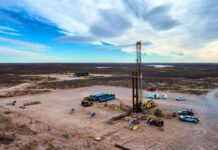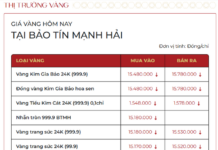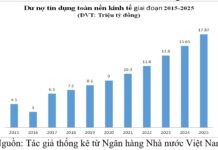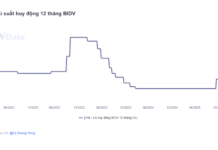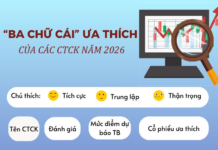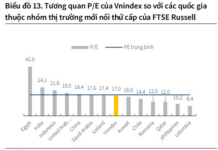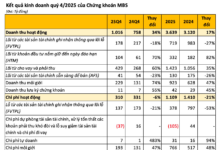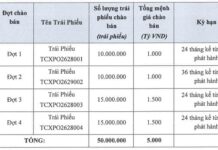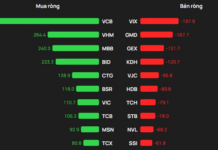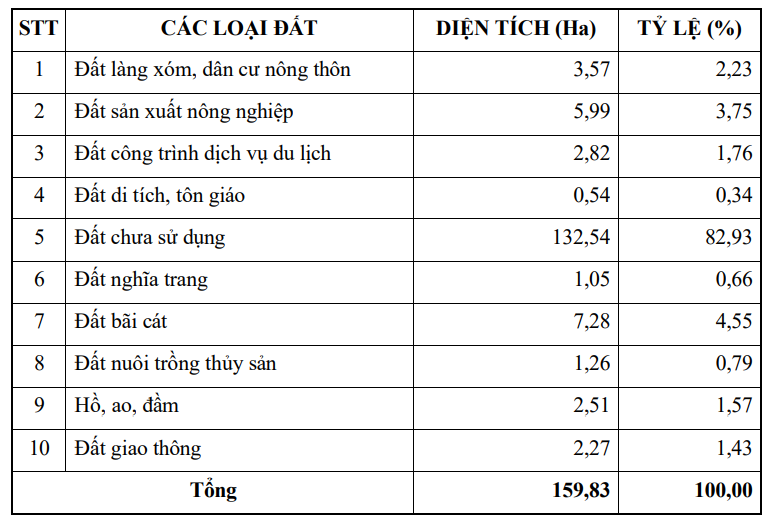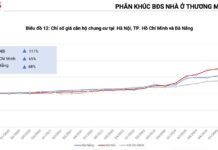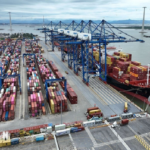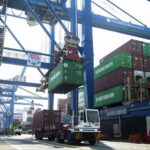Joint Stock Company Phuong Mai has released an Environmental Impact Assessment (EIA) report for the Doc Let – Phuong Mai tourism project in Dong Ninh Hoa ward, Khanh Hoa province (formerly Ninh Hai ward, Ninh Hoa town).
The project’s detailed 1/500 planning was approved by Decision No. 567 dated February 23, 2018, with an area of over 162.3 hectares. The initial investment certificate was granted in October 2011. However, the project faced delays due to legal hurdles related to land, coastal protection regulations, and land clearance issues. After adjustments, the third adjusted investment certificate, issued on June 30, 2025, reduced the area to nearly 160 hectares, divided into Zone 1 with over 126 hectares and Zone 2 with nearly 34 hectares. The project is designed to accommodate a population of 10,000 people, including 9,000 guests and 1,000 staff.
Architecturally, the project includes a central festival ground, restaurants, a culinary area, a performance hall, a 400-room 5-star hotel, and an administration building. There will also be a healthcare resort, a miniature Vietnam area, entertainment facilities, commercial services, and a resort area.
The total investment amounts to over VND 4,072 billion, of which VND 650 billion is contributed by Phuong Mai Company, equivalent to 15%, with the remaining being loans and mobilized capital. The project is scheduled to be completed within three years, from October 2025 to October 2028.
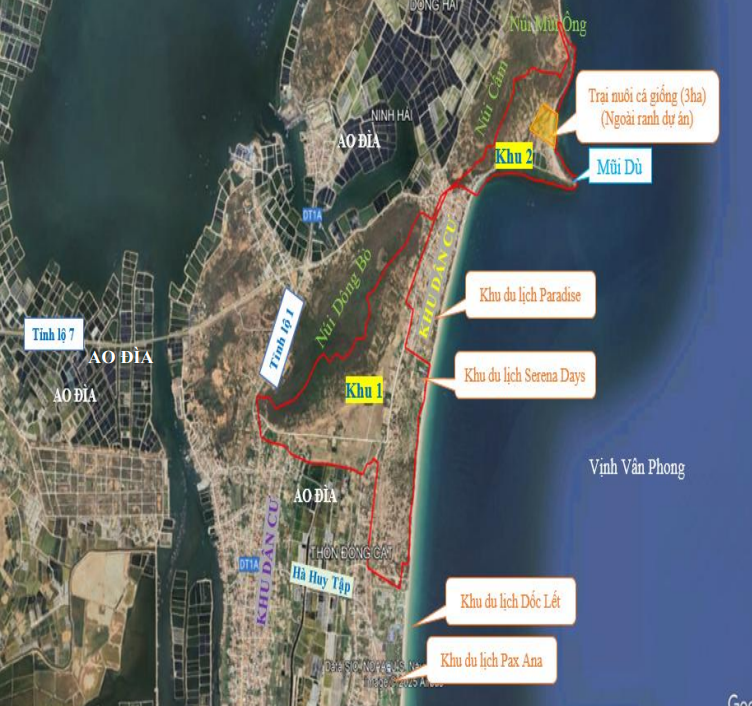
Project location. Source: Phuong Mai JSC
|
The project is part of the larger Doc Let tourism area, stretching from the boundary of Doc Let Khanh Hoa tourism area to Mui Du, hugging the slopes of Dong Bo and Cam mountains with altitudes up to 50 meters.
The current land use in the area is mostly forest and agricultural land. Much of the existing land area is low forest and casuarina forest, mainly along the coastline. Within the project site, there are about 70 semi-permanent structures, 34 temporary structures, and 4 shrines with a total area of 5,379 square meters. These places of worship will be preserved intact, and green spaces will be added to mitigate the project’s impact.
|
Statistical table of land use status
Source: Phuong Mai JSC
|
The project aims to develop a multifunctional and integrated tourism and resort area, offering a range of facilities from hotels, resorts, conference centers, commercial services to entertainment options, all supported by comprehensive technical and social infrastructure.
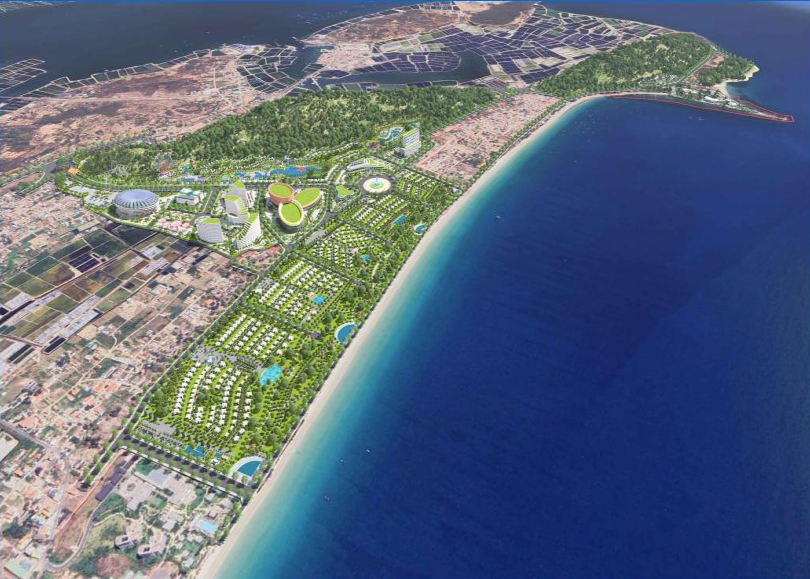
Project master plan. Source: Phuong Mai JSC
|
Who is Phuong Mai Company?
Phuong Mai Joint Stock Company was established in late 2002 in Nha Trang, Khanh Hoa province, with its primary business being real estate. As of April 2020, the company increased its charter capital from VND 300 billion to VND 650 billion and continued to raise it to VND 676 billion by the end of 2023. The company is currently directed by Mr. Pham Trung Kien (born in 1980), who serves as the General Director and legal representative.
Mr. Kien was a member of the Board of Directors of Nhat Viet Securities (HNX: VFS) during the 2017-2019 period. In 2019, when VFS issued 21 million private placement shares to increase its capital to VND 410 billion, Mr. Kien purchased 1.9 million shares, equivalent to 4.63% of the capital.
Additionally, Mr. Kien has served as the legal representative and General Director of Ampire Joint Stock Company, TC An Binh Investment and Consulting Joint Stock Company, and AFG Nha Trang Joint Stock Company.
Ampire Joint Stock Company was established in 2016 in Hanoi. As of June 2021, the company increased its charter capital from VND 120 billion to VND 330 billion. In October 2024, Ms. Nguyen Thi Hong Van (born in 1987) replaced Mr. Kien.
TC An Binh Investment and Consulting Joint Stock Company was established in 2013 in Phu Tho province. By July 2016, the company had increased its capital from VND 9 billion to VND 100 billion, of which Mr. Kien owned 48%, Nguyen Van Hai, and Nguyen Quang Vi each held 26%. In October 2022, the capital was further raised to VND 110 billion. By the end of 2024, the position of legal representative and General Director was transferred to Mr. Doan Moc Huong.
AFG Nha Trang Joint Stock Company was established in 2017 in Khanh Hoa province, focusing on real estate business. Its initial charter capital was VND 50 billion, with three founding shareholders: Amino Finance Group Limited Company holding 51%, Amber Capital Joint Stock Company holding 36%, and Lemanh Brothers Joint Stock Company holding 13%. In October 2024, Mr. Vu Tuan Hiep (born in 1984) became the legal representative and Chairman of the Board of Directors.
Turning back to VFS, there are currently four major shareholders, including Hoa An Financial Investment Joint Stock Company, holding 17.08% – an organization related to Ms. Nghiem Phuong Nhi, who also serves as the Chairman of Hoa An Financial Investment; Vietnam Electricity Finance Joint Stock Company (HOSE: EVF) holding 10%, Amber Capital Holdings Joint Stock Company holding nearly 11%, and Mr. Tran Anh Thang holding 6.67% – who recently resigned from his position as Vice Chairman and General Director of VFS in March 2025.
Mr. Thang also served as the Chairman of the Board of Directors of Amber Capital Holdings Joint Stock Company (established in October 2021) until April 2024, when Ms. Le Thi Hai Ha took over this position.
Amber Holdings Ecosystem with the “Puzzle Piece” of Nhat Viet Securities
– 07:00 22/08/2025
The Upcoming Aeon Mall: Unveiling the $52 Million Project in Hai Duong City
Aeon Mall Hai Duong is an upcoming mega-mall project, located approximately 8 kilometers from the city center. Construction on this ambitious development is slated to commence in the first quarter of 2025, with an expected completion date in the first quarter of 2026.
The Electric Revolution: Northern Vietnam’s Hub for Two-Wheeled Innovation
AIMA, a leading manufacturer of electric two-wheelers, has set its sights on a new venture. With a substantial investment of 227 billion VND, the company aims to produce approximately 245,000 motorbikes, e-bikes, and other electric vehicles annually. This ambitious project showcases AIMA’s commitment to innovation and sustainability, as it strives to become a prominent player in the evolving landscape of electric transportation.
The Ultimatum: A Hue Golf Course Project Worth VND 1,800 Billion
The Hue Golf Course Complex project, developed by Thien An JSC, received investment certification from the People’s Committee of Thua Thien Hue Province back in 2007. Despite undergoing three adjustments to its investment policy over the years, the project has yet to obtain a building permit, even after nearly 17 years.
The Green Heart of Thanh Hoa: Unveiling the $500 Million Eco-Tourism Vision for Tan Dan
The People’s Committee of Thanh Hoa province has approved a significant investment adjustment for the Tan Dan eco-tourism project in Tan Dan ward, Nghi Son town. The project’s investment capital has been increased from nearly VND 3.7 trillion to VND 11.1 trillion, with the completion date extended to 2026.
“Re-evaluate Land Lease Rates for the ‘Mega Project’ Dai Ninh Urban Area Involving Entrepreneur Nguyen Cao Tri”
Upon reviewing the dossier, the Lam Dong Tax Department found that the handling of the reduction in land use fees and late payment fees for the Dai Ninh Urban Area project, as directed by the Provincial People’s Committee, was inconsistent with the provisions of the Land Law, the Law on Tax Administration, and their guiding documents.

